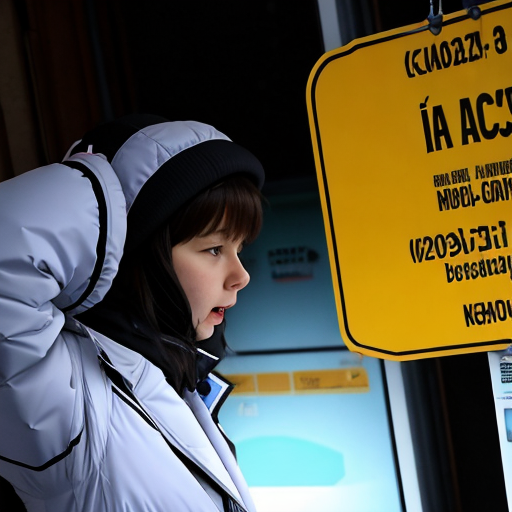17. March 2024
Czechs struggle to contain surge of whooping cough

Czechs struggle to contain surge of whooping cough
In the first week of January, there were 28 registered cases of whooping cough. That figure now stands at 3,084 – a number not seen since 1963. Sufferers include the 80-year-old mayor of Prague, Bohuslav Svoboda, who is an MP as well as an eminent gynaecologist. The Green Party has filed criminal charges against the mayor for spreading a contagious disease.
Public health regulations dictate that those with whooping cough must stay at home until the end of their antibiotic treatment. As cases continued to rise, the Prague public health authority took matters into its own hands. It sent out a letter to the capital#39;s schools saying any unvaccinated children must be sent home. Epidemiologists shook their heads in disbelief.
Schools had no authority to send home unvaccinated children as a precaution, she said. Instead, all cases should be judged individually, based on how long the infected child had spent in the classroom, and so on. Vaccination for whooping cough is mandatory in the Czech Republic. It is meant to be administered, alongside inoculation for diphtheria, tetanus, polio and others, from the very first weeks of life.
But official figures suggest there are thousands of unvaccinated babies. Parents urged to check their children#39;s vaccination history. Adults are encouraged to go for booster shots. Dozens if not hundreds of babies and young children died in what was then Czechoslovakia from whooping cough each year, until the introduction of mandatory vaccination in 1958.
Whooping cough (also known as pertussis) is a contagious infection in the lung or breathing tube. First signs of whooping cough are similar to a cold, with a runny nose and sore throat. After about a week, the infection can develop into coughing bouts that last a few minutes.